By Selina Dudley
UJW Staff
ROCKVILLE, Md. — Catherine O’Connell, 17, says she never thought she was breaking the law.
As a senior at Thomas S. Wootton High School in Rockville, she often shared bottles of Adderall, a treatment drug for Attention Deficit Hyperactive Disorder (ADHD), with classmates. What O’Connell thought was an innocent gesture actually was against the law and led to her expulsion from school.
It was exam week and a friend of O’Connell’s had gone to the senior for moral support and comfort. A six-page forensics paper was due and it wasn’t going to write itself, her friend explained to her.
O’Connell saw that her friend needed a quick fix and time was running out, and figured, “Why not give it to her?”
The “it” was Adderall. The prescribed drug helps adolescents combat ADHD. According to the ADHD website, it can help improve focus and enhance ability.
“It was a huge mistake and I regret it,” O’Connell said about sharing the drug. “I didn’t think it would go as far as me being expelled, though.”
O’Connell is a part of a growing number of students who engage in sharing ADHD medication. The risks can span from expulsion to the most extreme case of landing in jail.
But despite the risks, abuse of Adderall is common among high school students because it enables users to get a high that increases their attentiveness and endurance.
So some students say it’s essential to their academic achievement.
“I need to do whatever it takes to get into college. Essentially, that’s what it all boils down to,” said Wootton High School junior Savannah, 17. She said she has taken Adderall, even though it wasn’t prescribed to her.
“My success and progress in school is critical and is the end-all, be-all to my future,” she said.
(Savannah’s last name and those of other students interviewed for this ariticle are intentionally not revealed.)
According to data collected in 2010 from the Centers for Disease Control and Prevention (CDC), one in five U.S. high school students consumed a stimulant not prescribed to them by a doctor.
Further data collected in 2009 from the CDC’s National Youth Risk Behavior Surveillance describes these medications as being very safe when used properly and under supervision of a physician. However, if used without approval of a doctor they can become very harmful.
Further research shows a tendency for teens to have easy access to prescription medications through family members, friends and even classmates.
The trend of illegal use of Adderall is sparking a controversy for law enforcement, doctors and educators. They want to understand why students feel compelled to share their prescribed medications with one another, how they obtain the drugs or how they market them.
Danny, 18, a Wootton senior, explains his reason for using Adderall.
“It helps me to survive in high school because it assists me in getting my work done. When I don’t take it, I can’t stay on task, I can’t do homework, I can’t study for tests,” he said.
Students like Danny use the drug to get them through harder and more demanding classes such as Advanced Placement and SAT preparation.
“I’m in two AP classes this year, and in the past I’ve struggled in them. But when I started taking the medication, it improved my studying habits and grades dramatically. The SAT is also extremely important so I turned to the Adderall to help get me focused so I could get a good score,” he said.
The website www.webmd.com describes high school as stressful, and the pressure to do well leads students to take such actions.
Carrie, 16, a senior at Wootton, said that she used Adderall that she got from a friend.
“If it weren’t for school and the pressure from my parents to do well, I wouldn’t be using the medication,” she said.
An ‘A’ student since starting high school, Carrie says she takes Adderall to maintain her 3.9 GPA as she balances a hectic schedule of AP and honors classes, her high school chorus and soccer.
“I don’t even have ADHD, but I can’t get my work done without taking the medication. Honestly I don’t know what I would do without it. I’m basically guaranteeing myself that I will do well when I take it,” Carrie said.
Aside from illegally consuming the drug, many students are starting to sell it.
Christie, a Wootton High School senior, began selling the prescription medicine for $5 per pill last October.
“I make a nice profit off of it,” she said with pride. “The SAT season is usually when I make the most money because everyone goes crazy studying for the test.”
Christie continues to sell the medicine and has no intention of stopping as long as her peers want to benefit from it.
“If you think about it, everyone just wants to get good grades, and I don’t think it’s that big of a deal to help someone get an ‘A.’ It really isn’t,” Christie said.


